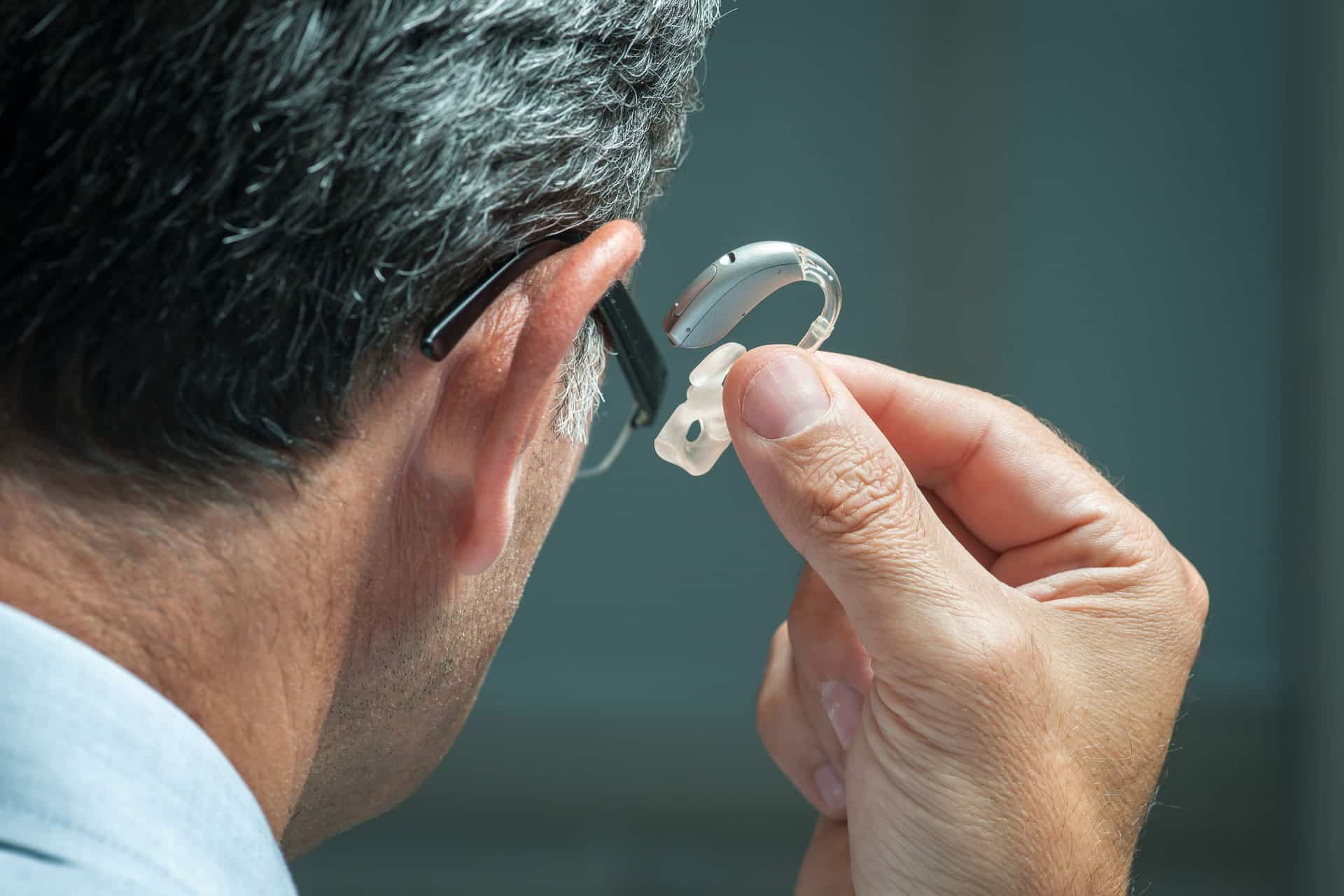Delivery in 2-3 working days
Hearing loss in children and adolescents
A guide for parents
What is hearing loss in children and adolescents?
Hearing loss is a hearing impairment that affects hearing. It can either be congenital or occur in childhood. This hearing loss can have an impact on your child's speech development, affecting their overall development. It can also affect school performance and cause your child to feel socially isolated. It is therefore important to identify and treat hearing disorders at an early stage.

Causes of hearing loss
in children and adolescents
Hearing loss in children and adolescents can be caused by a variety of factors and can take different forms. From sensorineural hearing loss to sensorineural hearing loss to deafness, it is important to understand the causes and symptoms of each form to ensure early diagnosis and effective treatment methods.
Sensorineural hearing loss
Sensorineural hearing loss occurs when there are problems in the inner ear, which is responsible for converting sound waves into electrical signals. Causes can include genetic factors or infections during pregnancy. Premature birth and low birth weight can also increase the risk of sensorineural hearing loss.
Sensorineural hearing loss
This type of hearing loss occurs when the middle ear or eardrum is damaged, often by recurrent middle ear infections or a tympanic effusion. Head injuries and certain medications can also cause sensorineural hearing loss. Listening to loud noises over a long period of time can also cause damage.
Deafness
Deafness is an extreme form of hearing loss in which hearing is almost completely lost. This can occur due to genetic factors, injuries or severe infections. However, deaf children and young people can communicate and learn very successfully with the help of sign language and other communication methods.
Early detection of hearing disorders
Early detection of hearing disorders is critical. Hearing screening is performed on newborns in many countries. But it is important to watch for signs of hearing problems later in childhood as well. Sometimes hearing problems do not become apparent until the child begins to speak or has difficulty in school.
Early detection of hearing disorders is crucial. Hearing screening is performed on newborns in many countries. But it is important to watch for signs of hearing problems later in childhood as well. Sometimes hearing problems do not become apparent until the child begins to speak or has difficulty in school.
Signs of hearing loss
in children and adolescents
Difficulty hearing sounds or speech:
Children and adolescents with hearing loss may have difficulty perceiving conversations or sounds clearly. They may hear soft or distorted sounds, making it difficult for them to communicate and interact with others.
Delayed language development:
Hearing loss in children and adolescents can lead to delayed language development. They may have difficulty pronouncing words correctly, building vocabulary, and understanding complex sentences.
Common ear infections:
Children and adolescents with hearing loss are more susceptible to ear infections. The infections in the middle ear can lead to temporary or permanent hearing loss and should be treated by a doctor to avoid further complications.
Difficulties in school or learning:
Children and adolescents with hearing loss may have difficulty perceiving conversations or sounds clearly. They may hear soft or distorted sounds, making it difficult for them to communicate and interact with others.
If you notice any signs of hearing loss in your child, you should consult an ENT specialist immediately. It is better to be safe than sorry and consult an expert rather than wait and hope that the situation will improve.
Treatment options for hearing loss
Fortunately, there are several treatment options for children and teens with hearing loss. These include:
Hearing aids
Hearing a ids are the most commonly used aids to improve hearing. They amplify sounds so your child can hear better. They can be customized to meet your child's specific hearing needs.



